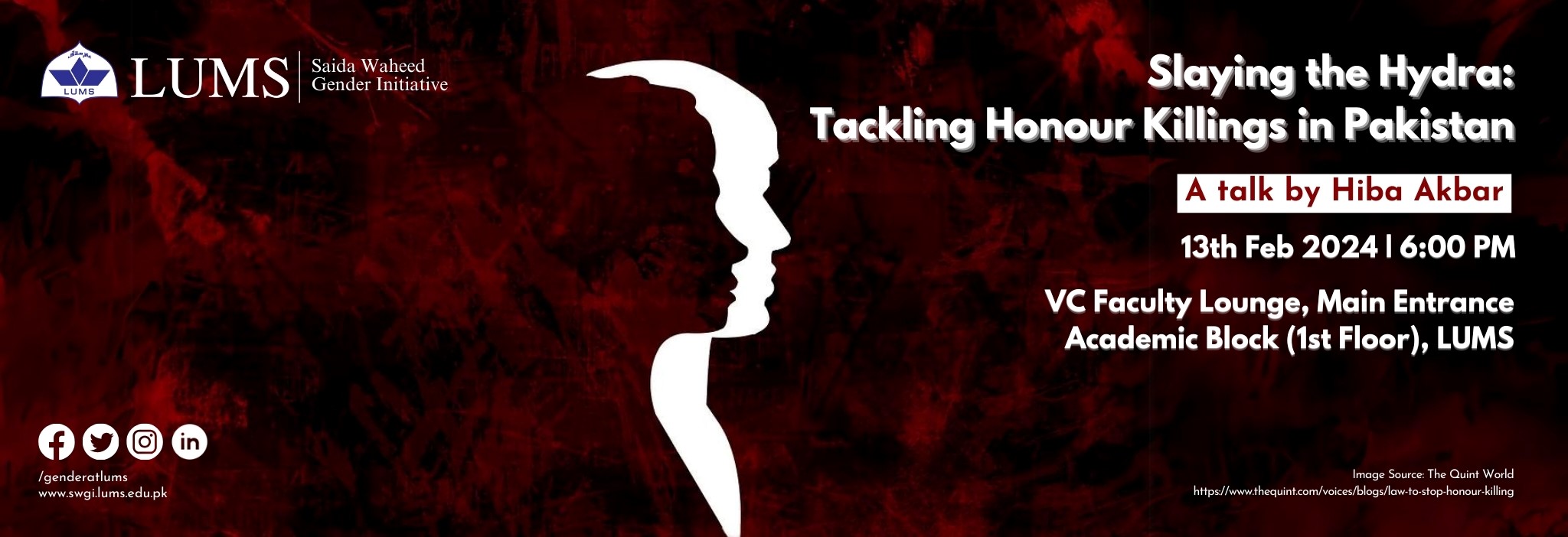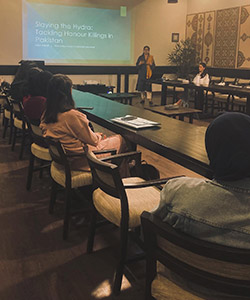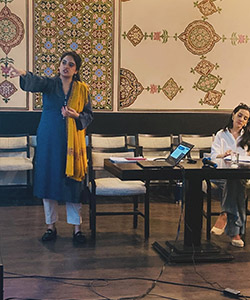In this developing research, Hiba explores the colonial-origin principle of provocation in its application in cases of honour crimes in Pakistan. The doctrine of provocation lessens the sentence of defendants once they are found guilty because of they have become overcome with anger upon seeing a wife or partner in a compromising sexual position with an interloper. The principle of ‘grave and sudden provocation,’ as it appeared in the Indian Penal Code, 1860, was effectively removed from the legal code in 1990 when the law on homicide was ‘Islamised’ by the Shariat Appellate Bench of the Supreme Court of Pakistan. However, Pakistani courts not only resurrected the principle, but also expanded it. At a time when Common Law jurisdictions around the world have amended, limited, or removed the doctrine of provocation from their laws, Pakistani courts continue to liberally apply it. By tracing the origin of the principle in medieval England to present-day Pakistan, this research describes how ideas of traditional masculinity and demure femininity shape the law in Pakistan. In doing so, it also sketches the patriarchal roots of Common Law.
Hiba Akbar is a Visiting Assistant Professor at the Shaikh Ahmad Hassan School of Law, where she teaches courses in Criminal Law and Legal Theory. Hiba's research interests lie at the intersection of gender, labour, and law. She is particularly interested in bringing an interdisciplinary perspective to the study of law. She remains active with feminist causes in the country and had lead a number of workshops on rights and legal processes for activist groups as well as legislators. She holds an LL.M from Columbia University, New York, which she attended as a Fulbright Scholar.





